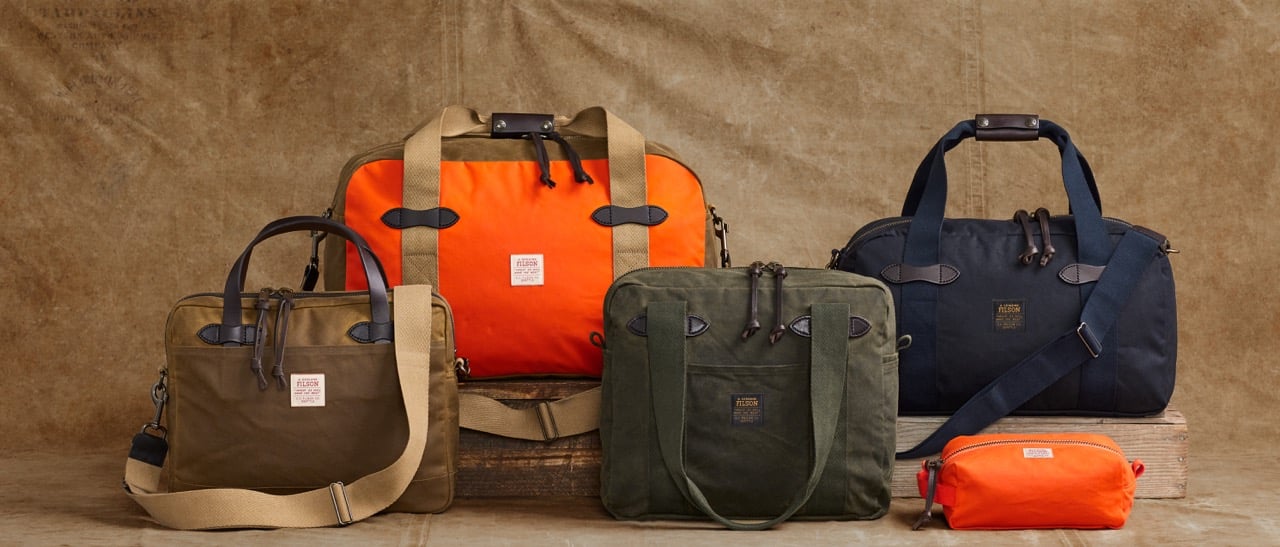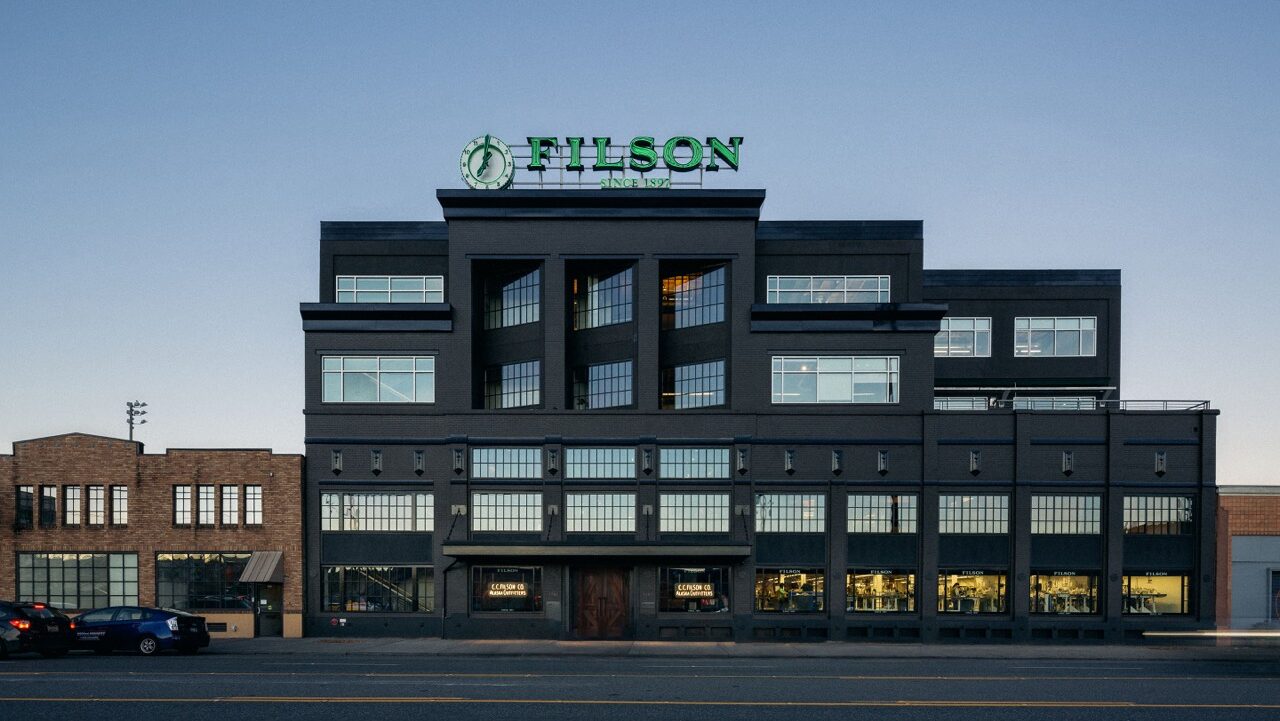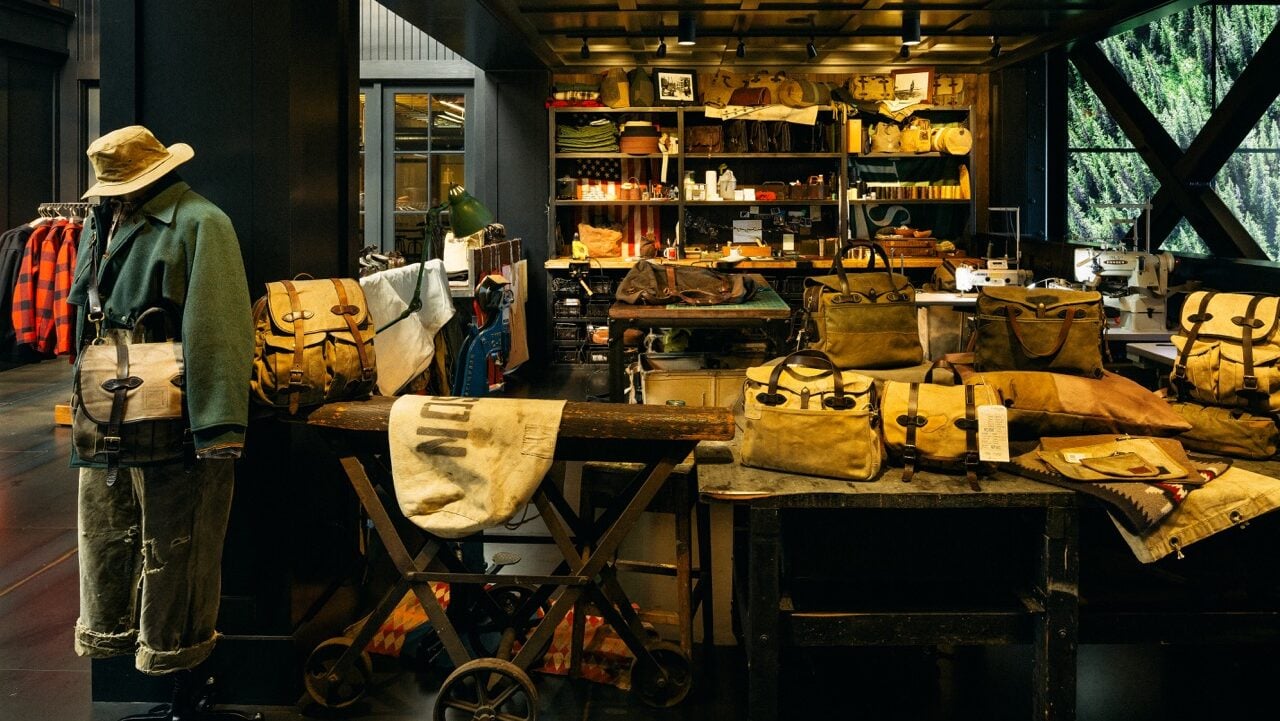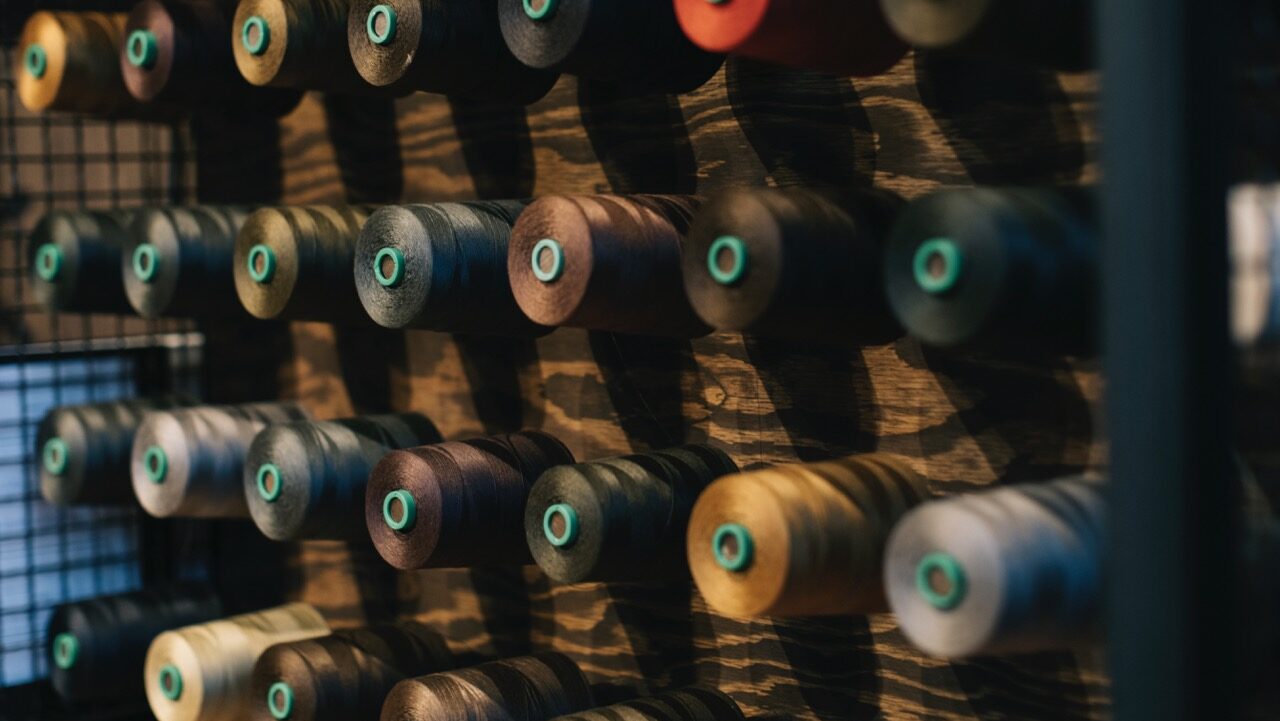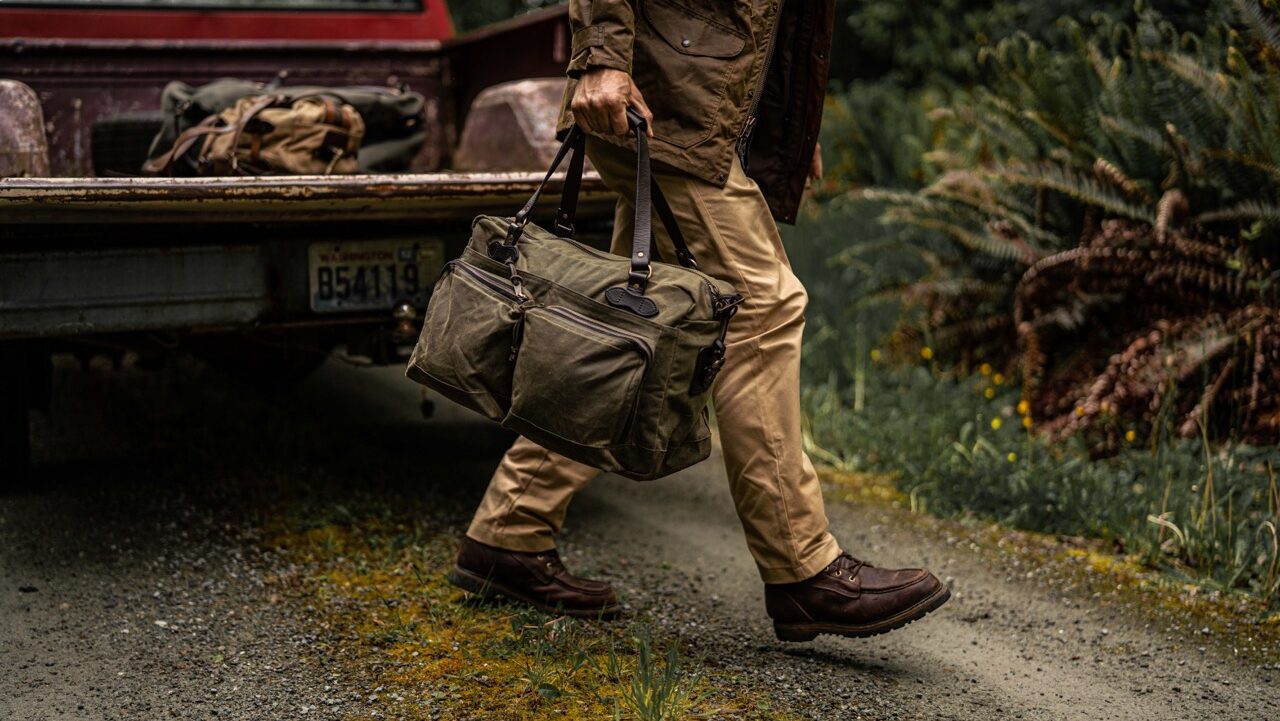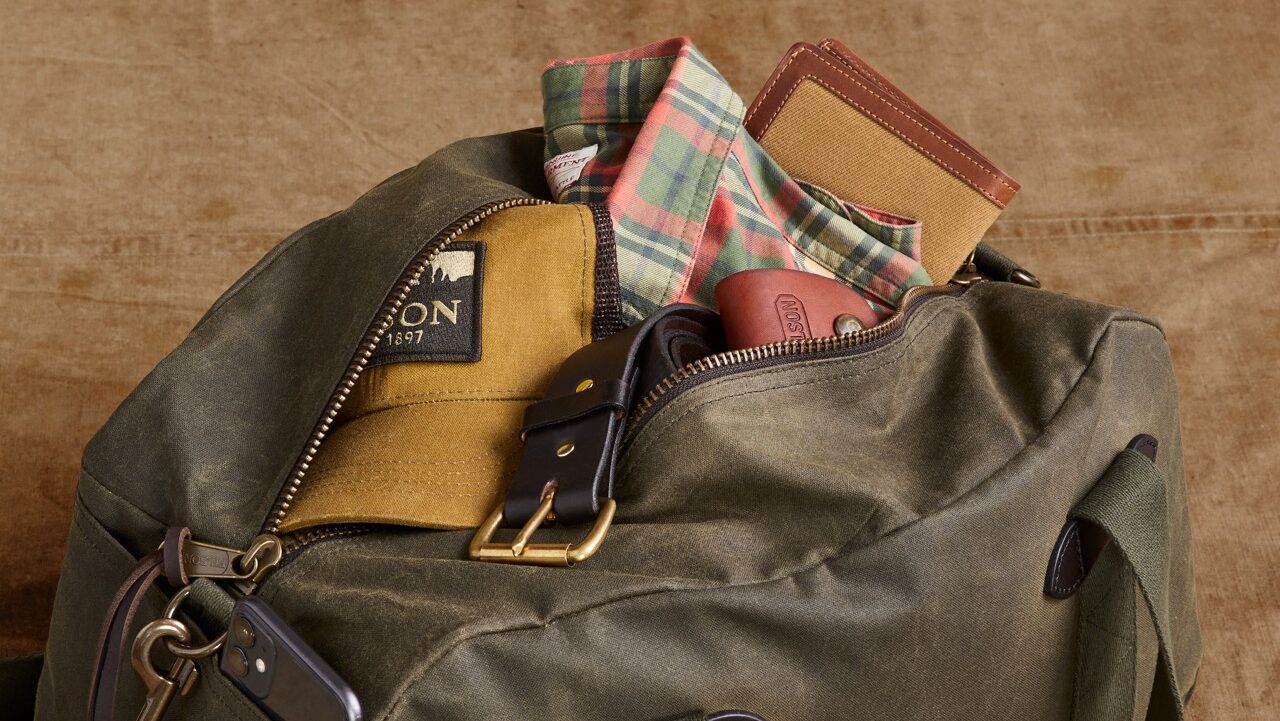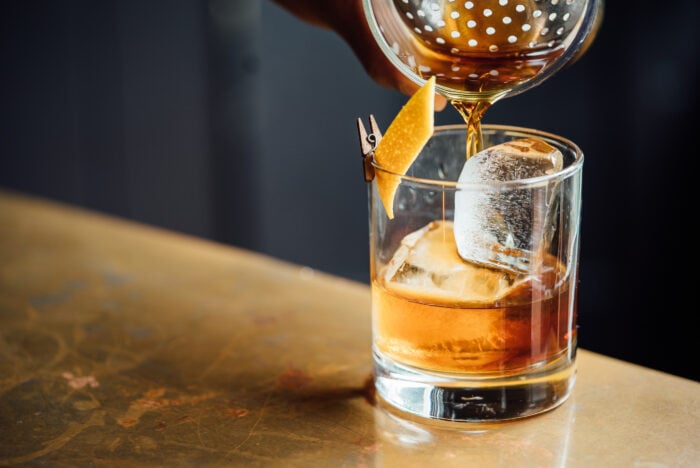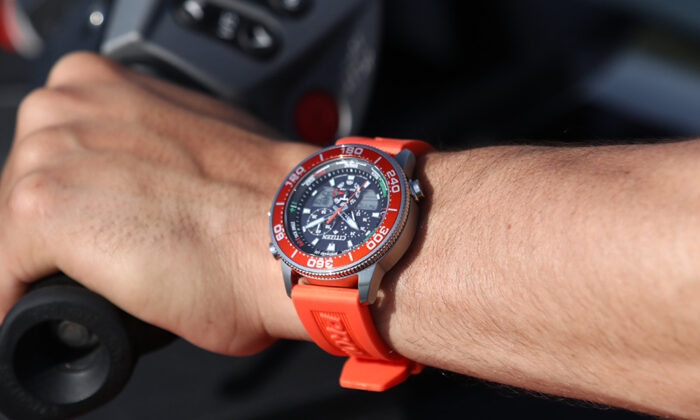In an increasingly global world, there’s nothing so special as something that still feels regional, local, specific. Filson is a brand from Seattle — born in the 19th century! — that’s popular the world over for its functional yet stylish workwear, but it’s never lost its sense of place and personality; it is a Pacific Northwest brand through and through, from the fir greens and earthy browns of its color palette to its rough-and-tumble fabrics that can withstand rain, mud, cold, whatever. The first Filson store opened in 1897, providing sturdy ware for gold rushers headed to the tough environs of the Klondike, and became a go-to shop for miners, ranchers, loggers, and even the U.S. Forest Service.
All of this made Filson a kind of workwear holy grail, but even up through the 1980s and ’90s, it was so particular to the Pacific Northwest that it wasn’t always easy to buy elsewhere. “I had an uncle in Boston who would import wool from New Zealand and Australia to the US and he would always do a layover in Seattle. And he would bring home Filson stuff — we had Orvis and LL Bean, but we didn’t have Filson. The Filson stuff was really exotic. It was hardcore stuff,” says the brand’s Chief Creative Officer Alex Carleton. “Throughout the northeast, every once in a while you’d find a tackle shop that might sell some bits and pieces, but it was pretty rare. And then you’d come here and it was all throughout the northwest. Like on Kodiak, you’ll go into a small marine supply store and they’ll have Filson. You go out to the Olympic Peninsula with old timers from the logging mills — you still see a lot of it in its context. It’s much more in the DNA of the culture here. And the product reflects the landscape. It was hardier, bigger, tougher, stronger.”
And, it gets better with age. You have to break it in — you have to earn it.
Now that Filson’s distribution is much wider, some of its products have become absolute icons of American workwear. Available in signature Filson shades such as navy, otter green, and tan, the rugged twill duffle bags and briefcases, for instance, are staples of the modern man’s wardrobe, brawny enough to feel practical and substantial, but sleek enough for city streets as much as the great outdoors. You see them hanging from the shoulders of guys everywhere. They walk the line between fashion and function as well as the Timberland boot or the LL Bean Boat and Tote. “There’s just nothing like it in the market. It wears incredibly well. It’s handsome, it’s supple, it’s rigid. It could carry the weight of a telephone pole — the strength of it is remarkable,” Carleton says of the rugged twill line. “And, it gets better with age. You have to break it in — you have to earn it.”
The Filson Mackinaw Wool Cruiser is another such icon, and remains one of their best-selling products. Its roots go back almost as long as the company itself, and was patented more than a century ago. It’s an all-weather dynamo, perfect as a transitional piece when the temperature becomes unpredictable, and the tight weave of the wool blocks out wind and rain. “Back in the day, you’d cut up blankets and make coats out of them. It was originally created for forest surveyors in the timber industry,” says Carleton. “And the pattern has not really changed much since its original patent. Its endurance is remarkable.”

Filson Mackinaw Wool Cruiser
Carleton is something of a student of Americana, attuned to its fluctuations and phases throughout the decades. Designing for Filson now, he is careful to maintain a sense of history and authenticity even when he’s trying something completely different. “New products that we generate really need to be believable. We either stick with core items or I like to jump to, What’s believable? What’s natural?” he says. “I like to go back in time and imagine what these working timber cities were like in Seattle, in Ballard, what these neighborhoods were like. Looking at old books of Darius Kinsey and the logging museums here. At its core it’s dark Edwardian, earth colors, this core palette. And the original colors: they’re pretty somber, but they’re also really elegant in their austerity. And then you go to the golden age of outdoor recreation, like the ‘60s, ‘70s, and it starts to become more vibrant and colorful — you start to get your blaze oranges, your reds and blacks.”
The truth is, when the heritage is this strong, the primary mission is steadiness, preserving and expanding on the legacy of a brand that is practically a symbol of the city it calls home. Being so local is, in fact, what it makes it so worldwide — it allows every purchase to feel like adding just a little bit of the romance of the Pacific Northwest right into your wardrobe. “I’d say the most striking component is the consistency for over a hundred years. There are brands that try to do too many things and be all things — Filson’s been pretty damn focused. The legacy items are still there and they’re still our top-selling items — and have been for dozens and dozens and dozens of years,” he says. “Here we are in 2024 and we’re looking at Filson not just as a regional phenomenon, but as a brand that has more national appeal, global interest. That’s just crazy, right?”
________________________________
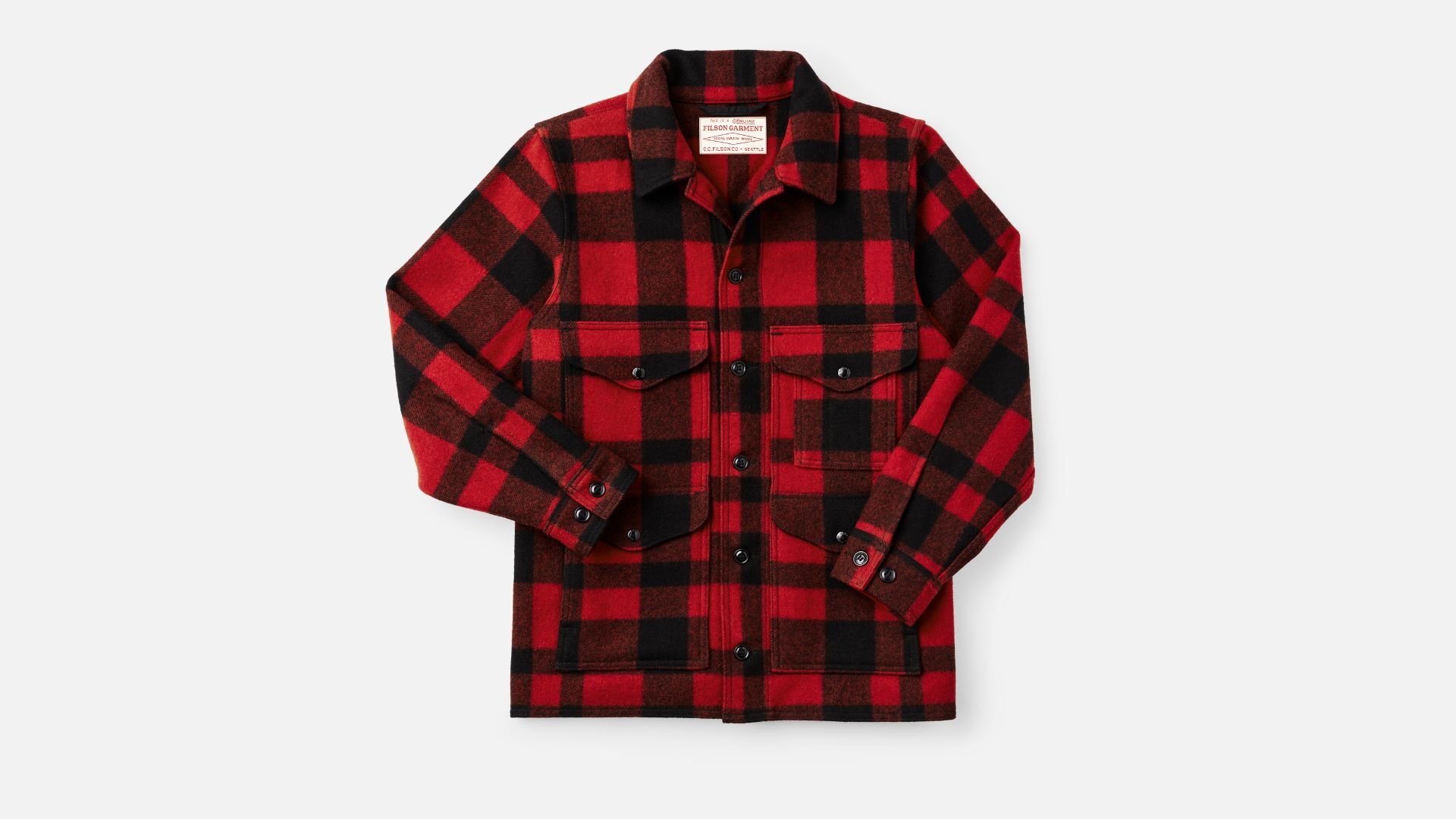
The Mackinaw Wool Cruiser, a century-old classic by Filson, offers enduring protection against changing weather with durable wool and functional design.
Buy: $495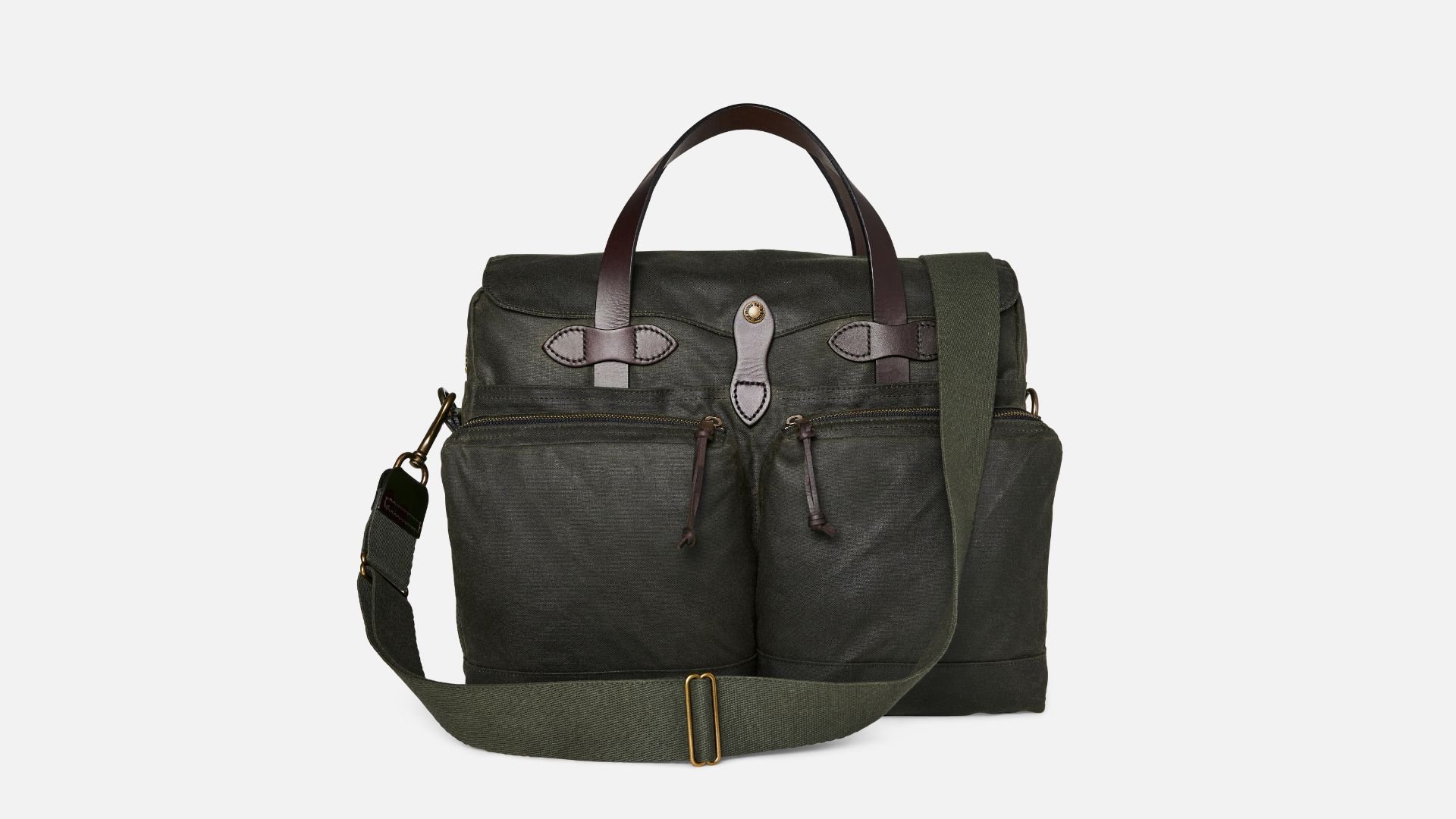
The 24-Hour Tin Cloth Briefcase combines durability with convenience, featuring a laptop compartment, multiple pockets, and a trolley strap.
Buy: $395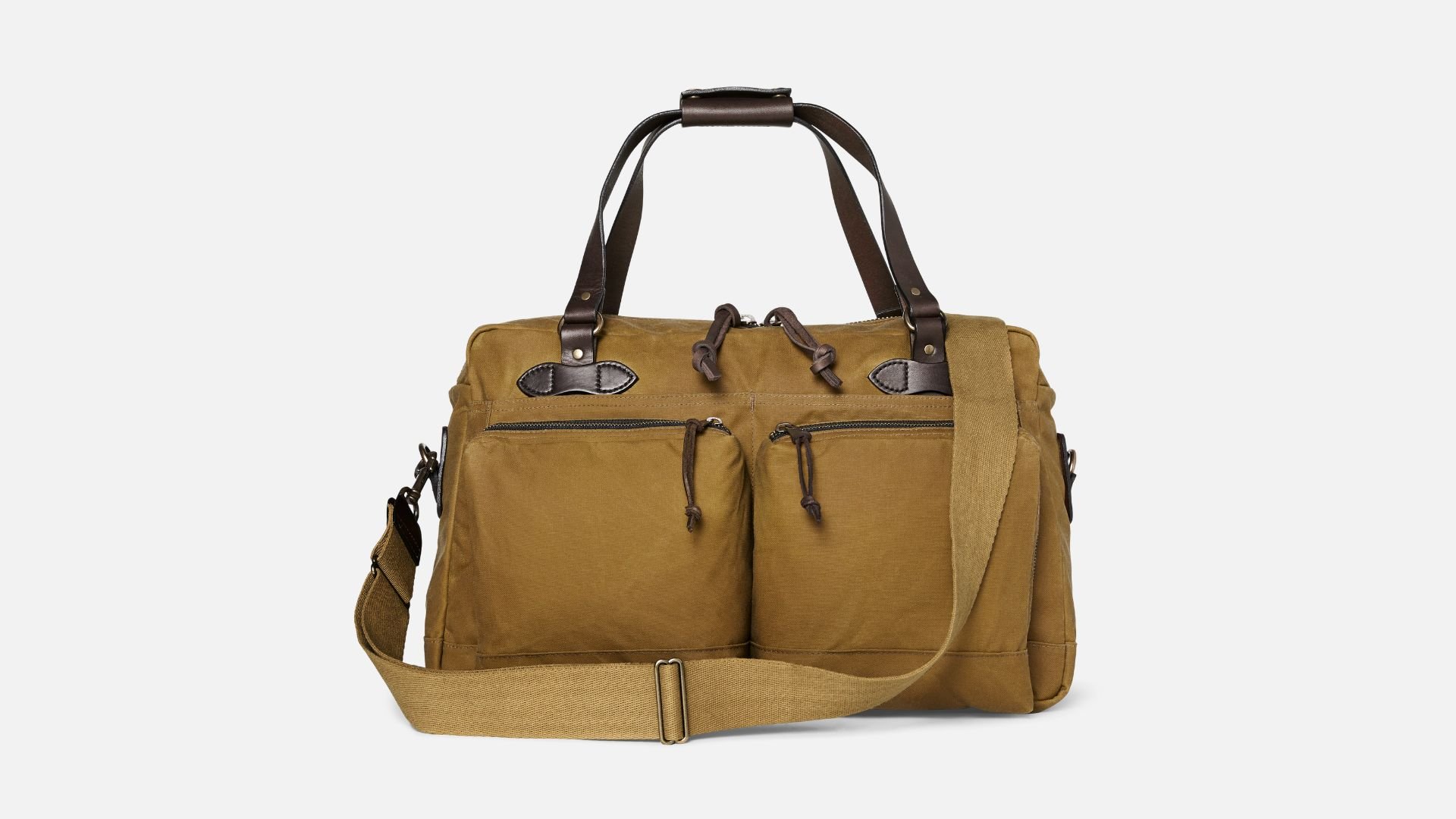
The 48-Hour Tin Cloth Duffle Bag is perfect for short trips, featuring durable construction, exterior pockets, and versatile carrying options.
Buy: $495More Features
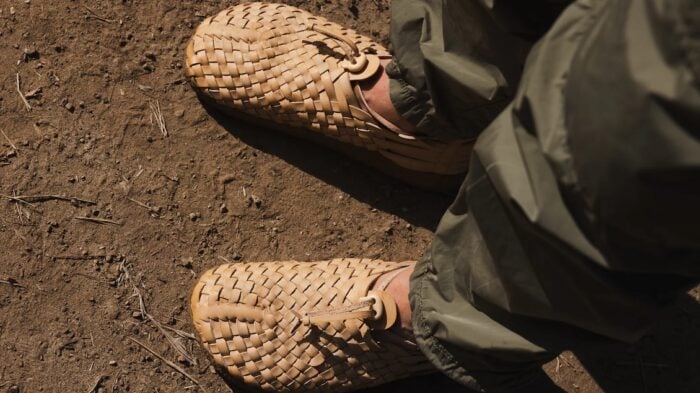
Black Book: The Cool Material Editors’ Favorite Things Right Now: May 2024
In need of the perfect summer shoes? How about a versatile spirit designed to be enjoyed anyway you like it? You'll find it here.

